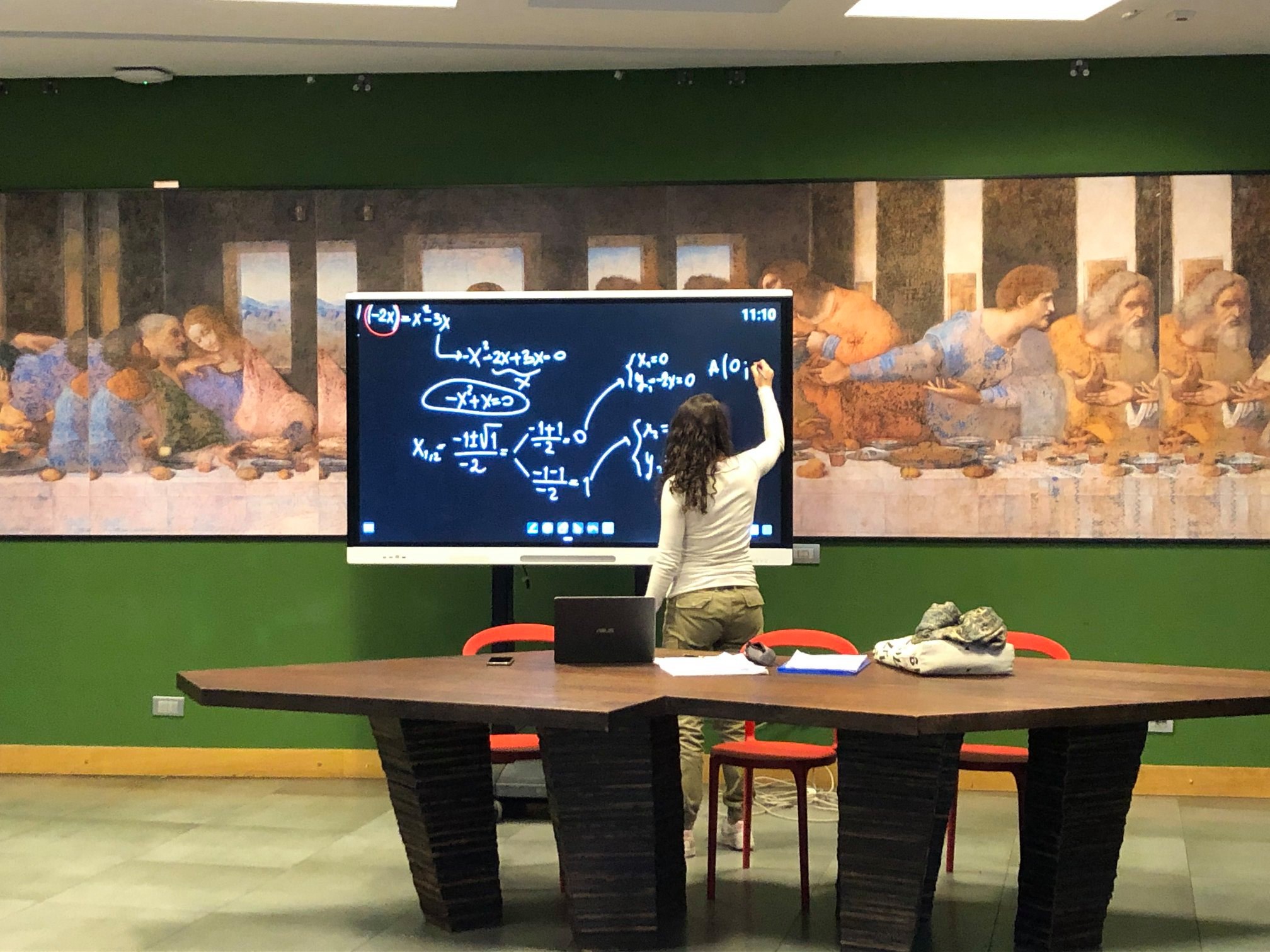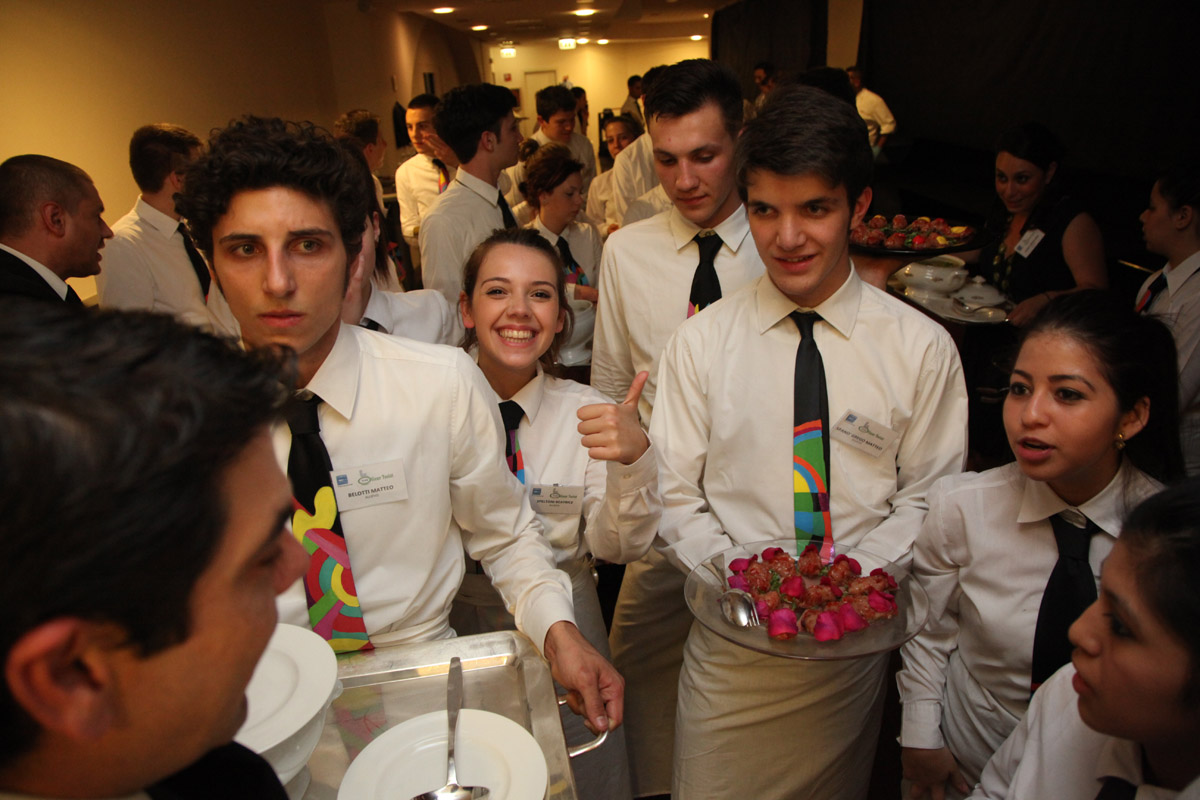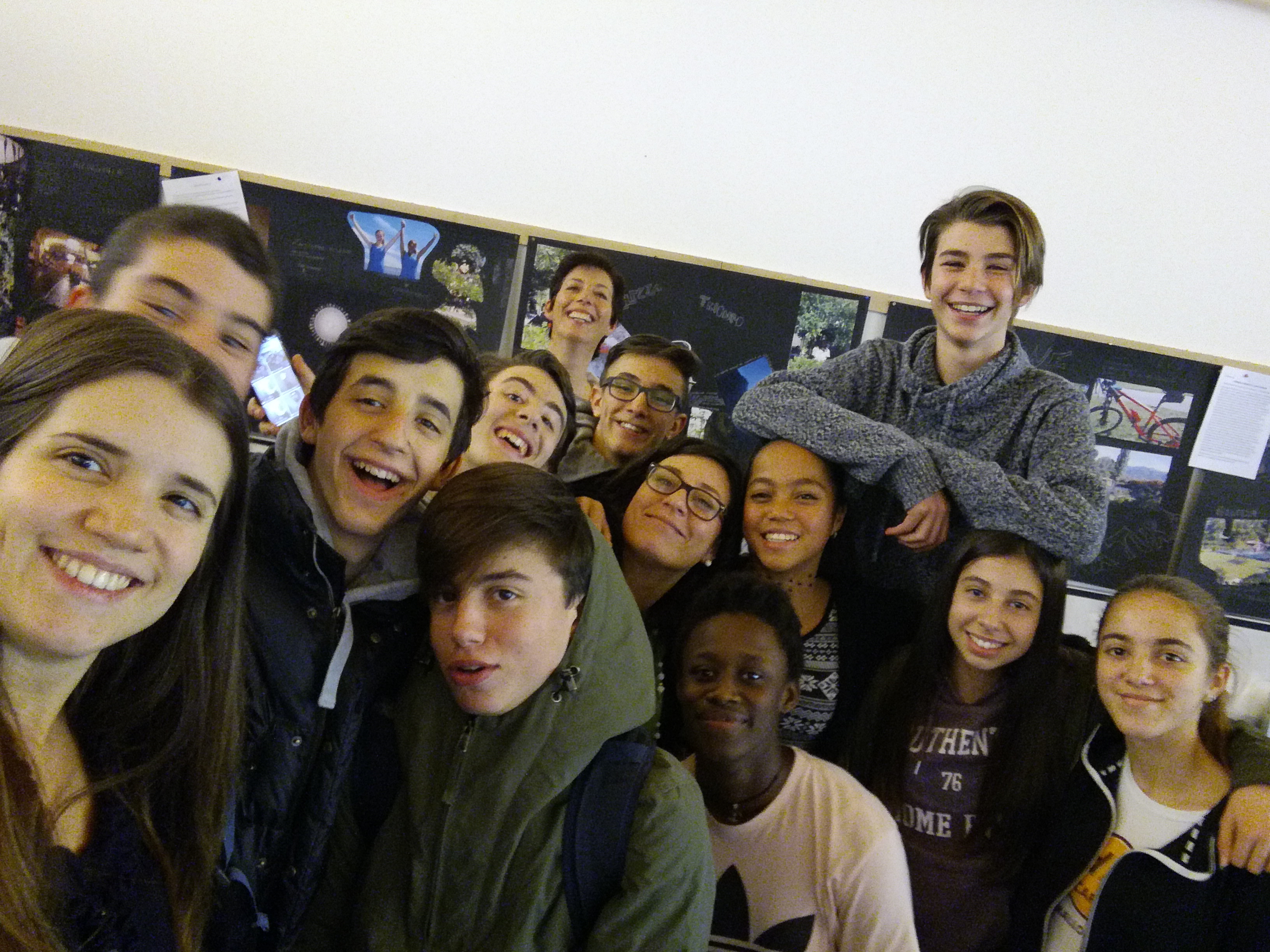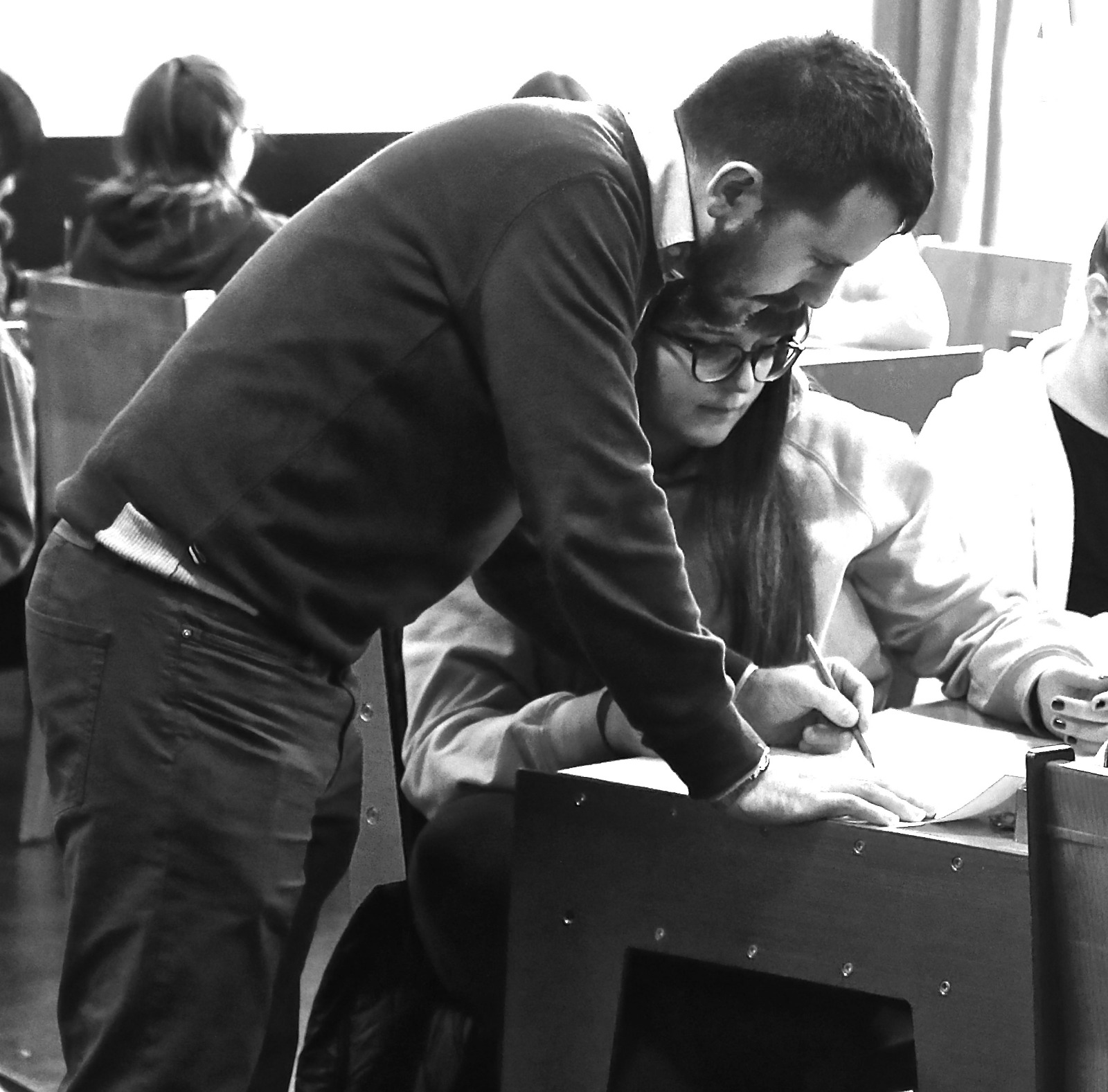
Cometa, located in Como, Italy, provides services to minors and young adults and is serving an increasing number of migrants. These young migrants are vulnerable due to their marginalization in areas such as language, cultural differences, and class status, and they face potential risks in not being able to find meaningful employment. This research proposal reports on findings from a qualitative study whose main objective was to examine students’ (who are migrants) and staff members’ growth and development through their involvement in a one-year long training course entitled the “Minimaster”. The Minimaster’s success relies on (1) a mix of training on professional subjects, e.g., enology, labour law, and Italian and English language literacy; (2) socio-emotional learning, e.g., communication skills, relationship building with local entrepreneurs; and (3) a combination of didactic methodology, e.g., strong work-based approach, as well as daily coaching and mentoring.
(Co-authors: Paolo Nardi and Terry L. Koenig, University of Kansas, for the ECER Conference 2019)

